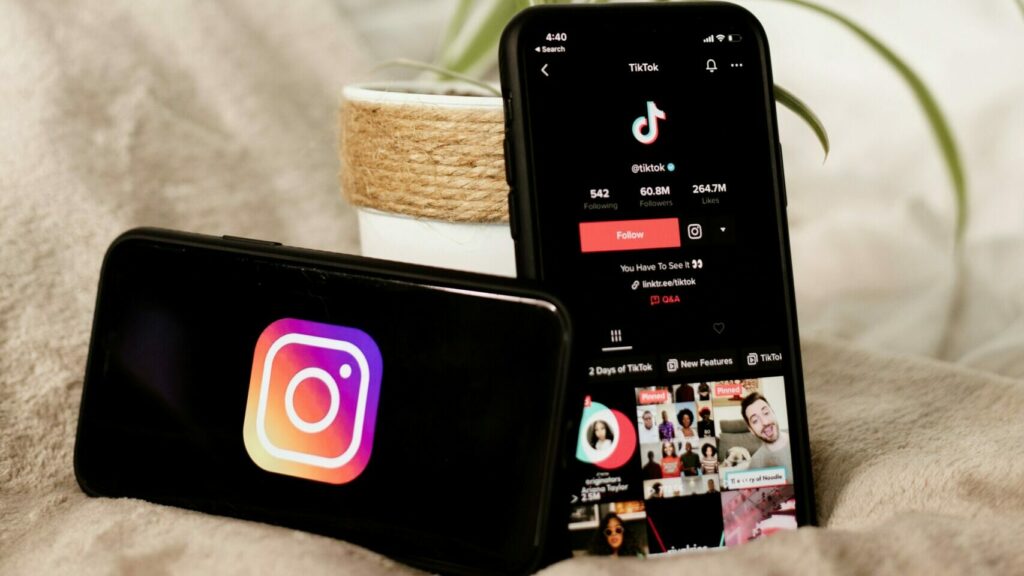Authentic marketing builds trust by appearing real, set when sincerity becomes strategy, it creates the paradox of performed authenticity.

When influencer culture turns sincerity into strategy
Authenticity as the New Competitive Edge
In the era of digital storytelling, authentic marketing has become one of the most successful marketing strategies for engaging with audiences and building trust. From TikTok confessionals to unfiltered and hashtag-free posts on Instagram, brands now aim to be as relatable, human, raw and imperfect as possible. Consumers, particularly Gen Z, no longer respond to traditional advertising, they want transparency, connection and imperfection i.e., authentic marketing. But what happens when authenticity itself becomes a marketing strategy rather than a genuine value of the brand?
This confusion defines the paradox of authentic marketing. As brands and influencers try to appear genuine, authenticity often seems as a calculated performance. “This is not sponsored” captions, emotional captions, “Spend the day with me” and “Get ready with me” videos, are no longer raw captures but forms of authentic marketing, which are planned, designed and optimized to perform, attract as many views as possible or convince the consumer to purchase a product or a service. Authentic marketing has become a performance of imperfection.

The Role of Influencers in Shaping Authentic Marketing
Influencers are at the center of authentic marketing. This strategy can often not be executed without them. Also, their success depends on maintaining a balance between being genuine and being persuasive. They invite their followers into their private lives, share personal struggles, and present themselves as “people like us”, while simultaneously integrating product promotion into those narratives. This mix of sincerity and sponsorship blurs the line between honesty and strategy, the very essence of authentic marketing.
Social media algorithms amplify authentic marketing. They prioritize emotional engagement and relatable storytelling, pushing creators and brands to replicate what performs well. Over time, the constant pursuit of authenticity can become repetitive and strategic, which can be noticed by the audience.
How Consumers Can See Through Authentic Marketing
For consumers, understanding the mechanics of authentic marketing is the best way to avoid manipulation. Recognizing that relatable content is often strategically created allows consumers to question intent before engaging. If a post that seems raw links directly to a purchase, or an influencer always gives positive reviews or same emotional tone across multiple review videos or partnerships, it’s probably performed authenticity. Genuine content feels consistent, not rehearsed.
Being an informed digital consumer means appreciating creativity without confusing it for honesty. Awareness means realizing that in a world of algorithms, authentic marketing, where the most real content is shown, might also be the most strategic one.
The Future of Authentic Marketing
Despite the risks of overdoing it, authentic marketing remains one of the best ways to reach audiences when used with intention. Brands or even micro influencers succeed because they stay consistent with their identity rather than performing staged realness for views or clicks. The future of authentic marketing lies in consistency, empathy, and values, not curated imperfection.
In a digital world where everyone is trying to look real and relatable, the next evolution of authentic marketing won’t come from relatable captions or behind-the-scenes videos, but from credibility and consistency built over time. Brands also need to be open to feedback and make changes if requested by consumers. In digital marketing, as in life, the realest stories are the ones that don’t need to be proven.
References
Audrezet, Alice. & al. (2020). Science Direct. Authenticity under threat : When social media influencers need to go beyond-self presentation. https://www.sciencedirect.com/science/article/abs/pii/S0148296318303229
Kumar, Monica. (2024). Forbes. Getting Real: Why Good Marketing Is Built On Authenticity And Openness. https://www.forbes.com/councils/forbescommunicationscouncil/2024/04/23/getting-real-why-good-marketing-is-built-on-authenticity-and-openness/
The New York Times: Licensing. Authenticity in Marketing: How your brand can start benefiting today. https://nytlicensing.com/latest/marketing/why-do-brands-need-authenticity-marketing/
